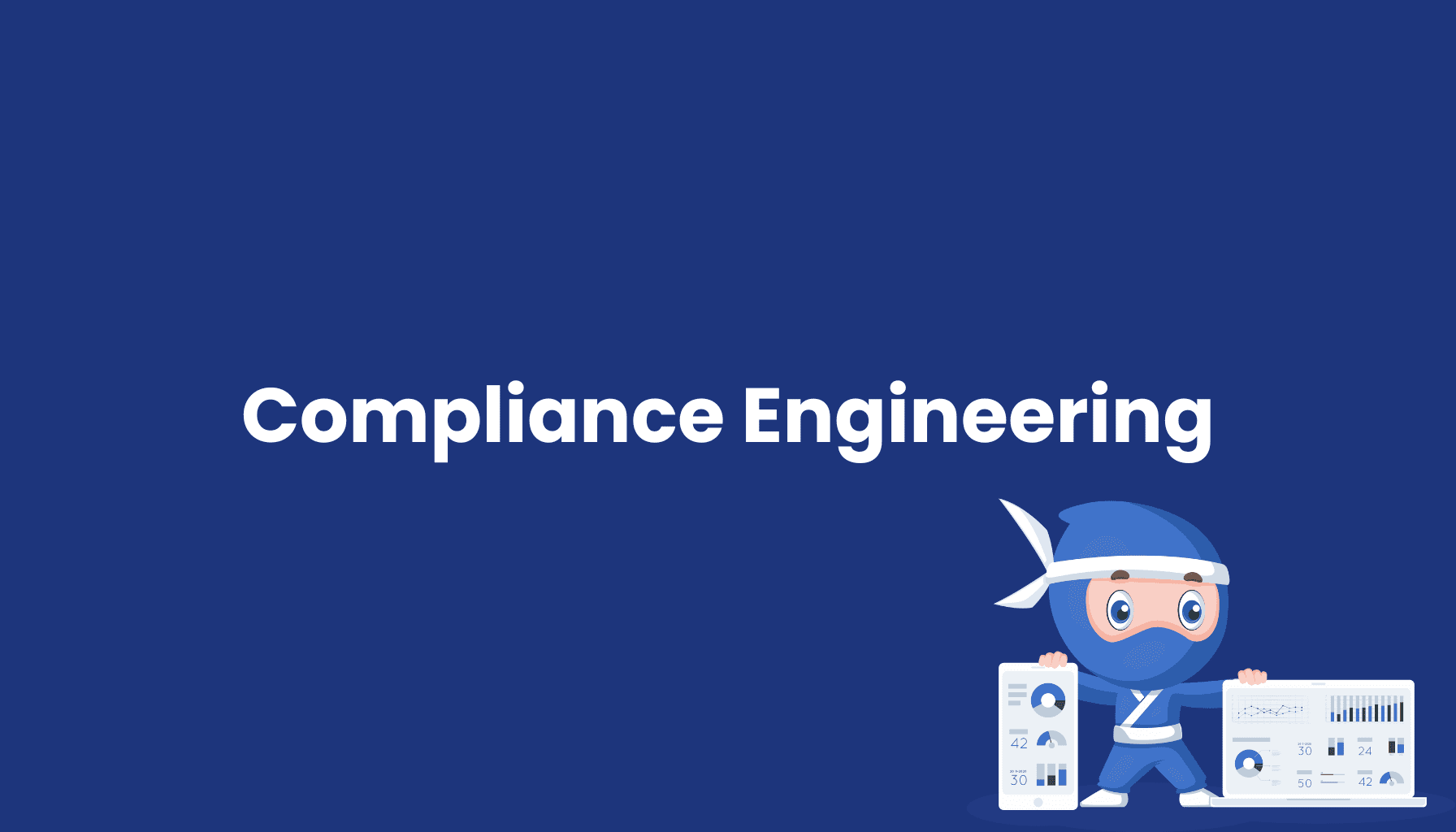Compliance Engineering

What is Compliance Engineering?
Compliance Engineering refers to the process of ensuring that products, systems, or services meet applicable legal requirements, standards, and regulations. This discipline plays a critical role in industries like manufacturing, software, healthcare, and finance, where compliance with industry-specific standards is vital for legal protection, safety, and consumer trust.
Key Steps in Compliance Engineering
The Compliance Engineering process typically involves several essential steps:
-
Regulation and Standards Analysis: The first step involves analyzing the relevant regulations and standards that apply to the specific product or service. This includes understanding local, national, and international laws, industry standards, and safety requirements.
-
Development of Specifications: Based on the analysis, engineers develop precise specifications and requirements that the product or service must meet to ensure compliance. These specifications guide the design and manufacturing process.
-
Design and Process Evaluation: Engineers assess the design, materials, and manufacturing processes to ensure they align with the regulatory standards. This step helps in identifying potential issues early in the development process.
-
Testing, Inspections, and Audits: Comprehensive testing, inspections, and audits are conducted to verify that the product or service meets all applicable standards. This may include functional testing, safety inspections, and quality audits to ensure ongoing compliance.
-
Documentation: Every step of the compliance process is documented meticulously. This includes recording tests, inspections, and any adjustments made to meet the regulatory standards. Proper documentation serves as proof of compliance and is crucial during audits or legal reviews.
Importance of Compliance Engineering
Compliance Engineering is essential for companies across various industries for several reasons:
- Legal Protection: Ensuring compliance helps companies avoid legal liabilities, such as penalties, lawsuits, or fines, that can arise from non-compliance with industry regulations.
- Safety Assurance: Compliance ensures that products and services are safe for consumers, reducing the risk of defects, failures, or accidents.
- Consumer Trust: Meeting regulatory standards increases consumer confidence in the safety and quality of products and services, helping to build and maintain a positive brand reputation.
- Risk Mitigation: By proactively managing compliance, companies can minimize the risk of disruptions in the production process or market delays caused by regulatory issues.
Conclusion
Compliance Engineering is a vital discipline that ensures products, systems, and services adhere to the necessary legal and industry standards. By implementing a structured process that includes regulation analysis, development of specifications, testing, and documentation, companies can avoid legal pitfalls, ensure safety, and build consumer trust, all while reducing the risk of fines and legal action.





